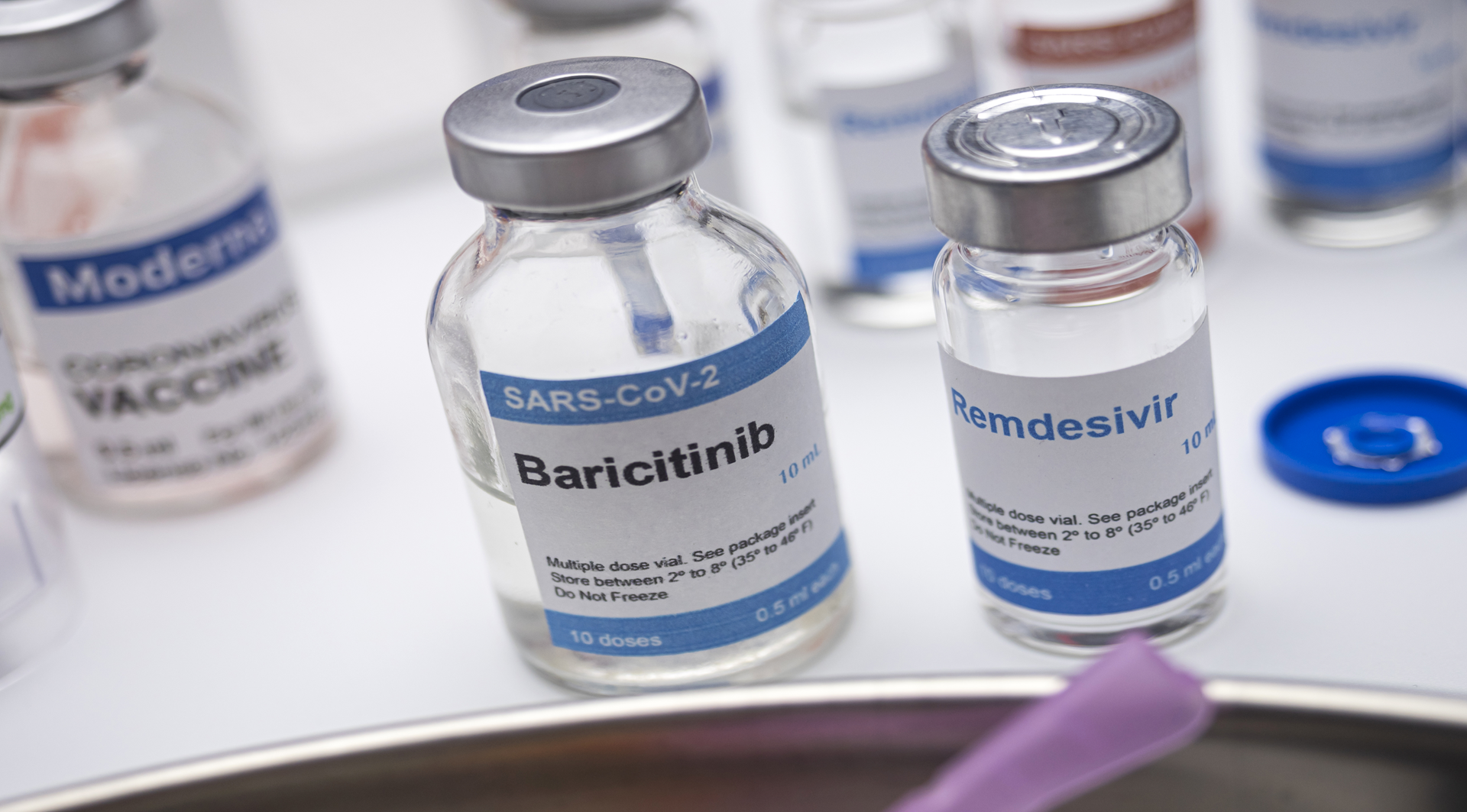What's the Difference Between Dutasteride and Finasteride?
In the realm of prescription medications for hair loss treatment, there exists a substance called dutasteride, which has a similar structure to finasteride but is a more potent 5-alpha reductase inhibitor. Let's delve into the differences between dutasteride and finasteride.

Dutasteride, a medication used to treat male pattern hair loss (androgenetic alopecia) and benign prostatic hyperplasia (BPH), exhibits a close structural resemblance to testosterone and finasteride. Similar to finasteride, dutasteride functions as a competitive inhibitor of the 5-alpha reductase enzyme, effectively blocking the conversion of testosterone into dihydrotestosterone (DHT), a hormone known to contribute to hair loss and prostate enlargement.
The human body houses three distinct types of 5-alpha reductase enzymes:
Type 1: Primarily found in the skin, hair follicles, and prostate gland. Plays a role in sebum production and hair growth.
Type 2: Predominantly found in the prostate gland, seminal vesicles, and external genitalia. Significantly contributes to prostate enlargement (benign prostatic hyperplasia).
Type 3: Widely distributed throughout the body and involved in various physiological processes.

The enzymes that cause hair loss near the hair follicles are mainly type 1 and 2. Finasteride is known to be good at inhibiting type 2 enzymes, but not so good at inhibiting type 1 enzymes. Dutasteride is said to be good at inhibiting both type 1 and type 2 enzymes, and its enzyme inhibition ability is also said to be much stronger than finasteride. Overall, dutasteride is said to inhibit 5-alpha reductase three times better than finasteride. Dutasteride is said to be so effective at inhibiting enzymes that it is enough to take only 0.5 mg per day.

While dutasteride exhibits superior efficacy in hair loss treatment compared to finasteride, it has been reported to cause sexual dysfunction-related side effects more frequently than finasteride. For this reason, dutasteride has only been approved as a treatment for benign prostatic hyperplasia (BPH) in the United States. In contrast, the Korean Ministry of Food and Drug Safety has approved dutasteride (Avodart) as a hair loss treatment taken at a dose of 0.5 mg per day.
Although dutasteride generally shows better hair improvement results than finasteride, concerns about side effects have increased. Dutasteride was developed by GlaxoSmithKline, a global pharmaceutical company, and is a medication that should never be taken by women of childbearing age, similar to finasteride.











